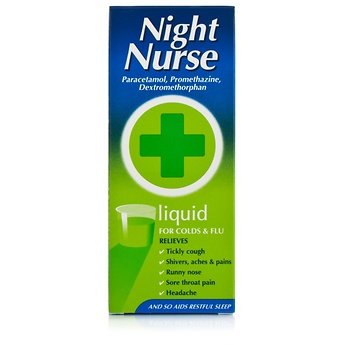Introduction
Hormone imbalance symptoms occur in more women than we know. Hormones play a pivotal role in maintaining the delicate balance within our bodies. They regulate essential functions, such as metabolism, mood, and reproduction. When hormones become imbalanced, it can lead to a wide array of health issues. Recognizing the signs of hormonal imbalances is crucial for seeking timely intervention. In this article, we will explore ten common warning signs of hormonal imbalances and discuss how vitamins and supplements can aid in restoring equilibrium..
1. Persistent Fatigue
Feeling constantly tired can be a sign of a hormonal imbalance. One of the key hormones responsible for regulating energy levels is cortisol, the body’s stress hormone. When cortisol levels are consistently high due to chronic stress, it can lead to adrenal fatigue, leaving you feeling drained. To combat this, consider supplementing with Vitamin B5, also known as pantothenic acid. This vitamin is essential for adrenal function and can help support your body in managing stress more effectively
2. Unexplained Weight Gain
If you’ve noticed that the number on the scale has been steadily climbing despite maintaining a healthy diet and exercise routine, hormonal imbalances might be the culprit. Thyroid hormones, particularly T3 and T4, play a significant role in regulating metabolism. Iodine, an essential mineral, is crucial for the production of these hormones. You can improve thyroid function by ensuring your diet includes adequate iodine or taking iodine supplements.
3. Mood Swings and Irritability
Fluctuating hormones can significantly impact your mood. Estrogen, progesterone, and testosterone levels can all influence how you feel emotionally. To alleviate mood swings and irritability, consider increasing your intake of Omega-3 fatty acids. These healthy fats are known to support overall brain health and may help stabilize mood. Additionally, Vitamin D is essential for mental health, and a deficiency may contribute to mood disorders.
4. Irregular Menstrual Cycles
Women often experience hormonal imbalances through their menstrual cycles, which can manifest as irregular periods, heavy bleeding, or even missed periods. To address these issues, Vitamin B6 is a valuable supplement to consider. This vitamin is known to help regulate hormone levels and ease premenstrual symptoms.
5. Acne and Skin Problems
Skin health is often a reflection of hormonal balance. Hormonal imbalances, particularly high levels of androgens, can lead to acne outbreaks. To promote clear skin, consider taking Zinc supplements. Zinc supports the body’s production of hormones and aids in reducing inflammation that contributes to acne.

6. Hair Loss
Thinning hair or hair loss can be a distressing sign of hormonal imbalance, often linked to elevated levels of dihydrotestosterone (DHT), a potent androgen. Saw palmetto is a herbal supplement that can help reduce the production of DHT and support hair growth.
7. Sleep Disturbances
Hormonal imbalances can disrupt your sleep patterns. For those experiencing difficulty falling or staying asleep, melatonin supplements can be a natural solution. Melatonin is a hormone that regulates sleep-wake cycles, and supplementing with it can improve the quality of your sleep.
8. Decreased Libido
A decrease in sexual desire can be related to hormonal imbalances, particularly in testosterone levels. Maca root, an herbal supplement, is known for its potential to boost libido and enhance sexual function by supporting hormone balance.
9. Digestive Issues
Hormonal imbalances can influence the digestive system, leading to issues like bloating, gas, and constipation. Probiotics, which contain beneficial bacteria, can help restore gut health and improve digestion by stabilizing the gut-brain axis, which is closely linked to hormonal regulation.
10. Cognitive Decline
Hormonal imbalances can also affect cognitive function. Brain fog, memory problems, and difficulty concentrating may be related to hormonal fluctuations. Phosphatidylserine, a supplement derived from lecithin, has shown promise in supporting cognitive function by helping regulate cortisol levels and protect brain cells.
Conclusion
Hormonal imbalances can have a profound impact on our overall well-being. Recognizing the warning signs of these imbalances is the first step in seeking effective solutions. While vitamins and supplements can play a valuable role in managing hormonal imbalances, it’s essential to consult with a healthcare professional before starting any new supplement regimen. They can help you identify the specific hormonal imbalances and determine the most appropriate supplements for your individual needs.
Incorporating a balanced diet, regular exercise, and stress management techniques alongside targeted supplements can help restore hormonal balance and improve your overall quality of life. Remember that the information provided in this article is intended for general knowledge and should not replace professional medical advice. Always consult with a healthcare provider to develop a tailored plan that addresses your unique hormonal needs and health goals.
Disclaimer: The information provided in this article is no form of a diagnosis. We recommed that if you have any concerns, speak to your doctor or pharmacist for further help and guidance.








